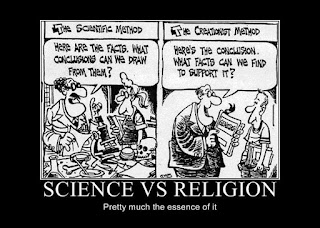Trying to Think a New Way With the Same Permanent Mindset


Blog #4
Is it possible for a rabbit to think like a lion thinks? Can a slave become a master to his master and the master becomes a slave?
John Locke came up with a "New Way of Thinking" for humans, but for which humans? This is the question that I ask myself, because poor people existed at an all time as it does in today's society. I know that he came up with this "natural law", that exist through your life's own experience. But my question is how can the poor think any different than a poor man, when all he knows is poverty, and all of his life's experiences are hardship and pain. I notice that life repeats itself, because the wealthy and rich today think the same way that Locke thought during his time. They encourage every to think positive and do good, and to take their past and use it to better themselves and make life more peaceable and easy to live. This is much easier said than done, especially for the poor.
"John Locke's Essay Concerning Human Understanding (1690) is "a history-book," according to Laurence Sterne, "of what passes in a man's own mind." Like Montainge's essays, it aims to explore the human mind in general by closely watching one particular mind. When Locke analyzed his ideas, the ways they were acquired and adequate when were clear."
This is hilarious to me. This funny because John like Newton, based their facts off of their on observation and experiences. I think John should have been specific about the class of people that he was referring to when he wrote this book. All humans don't think alike and so most of them wouldn't be able to see life as he sees life. Again, a rabbit can't think like a lion. The poor man's mindset will never compare to or be equal to the mindset of a wealthy man. So, that means that they Locke would never be able to relate his message to all men, but only a selected few. This law this exist in today's society. Our way of thinking does play a big role in how we view life. Trust me the wealthy and the poor will never view life the same, no matter if it's an old or "new way of thinking."
Sources:
Greenblatt, Stephen, Ed.
The Norton Anthology of English
Literature, Volume C: The Restoration and the 18th century (9th
Edition). New York: W.W. Norton & Co.,
2006.




Good Job! Now work on revising for grammar and punctuation.
ReplyDelete